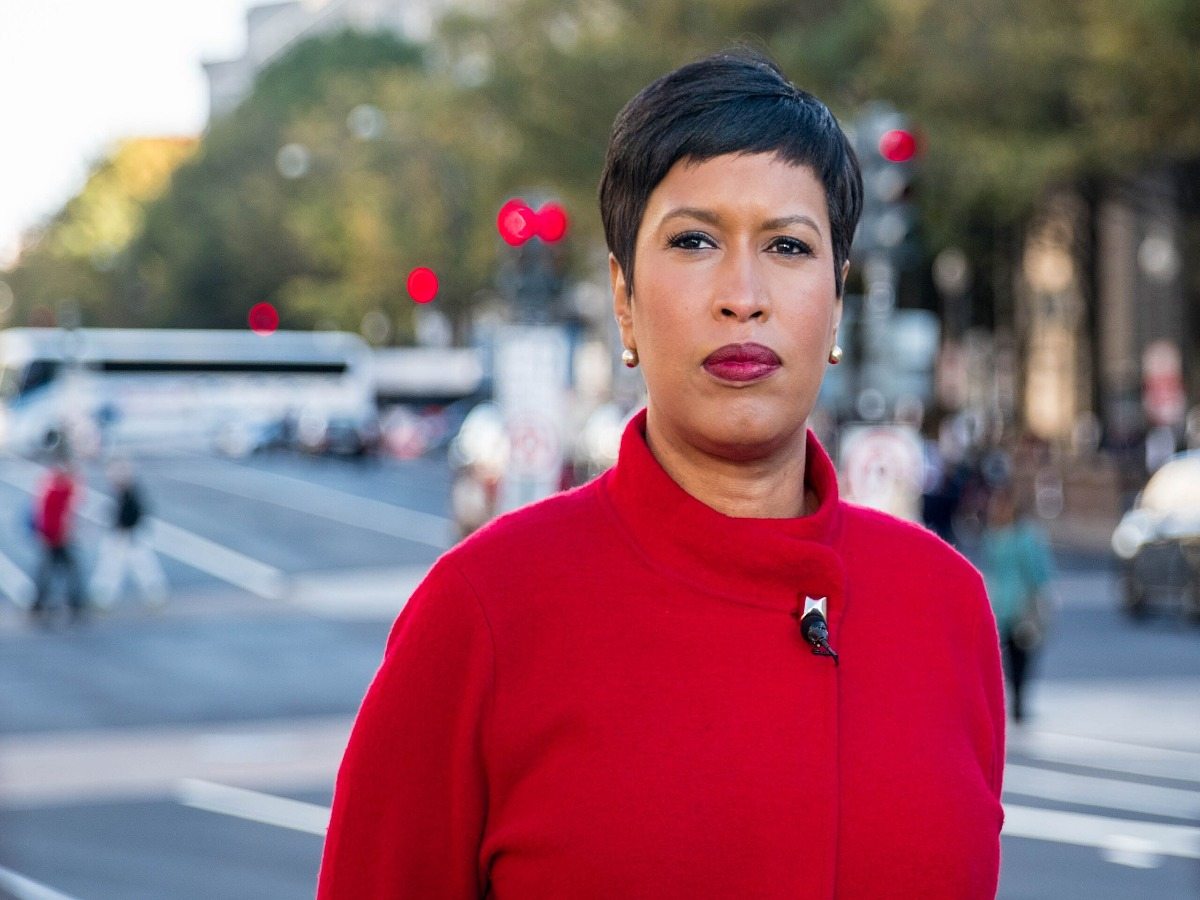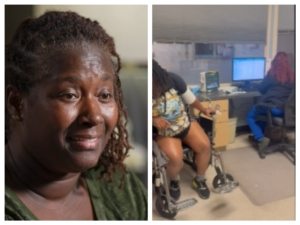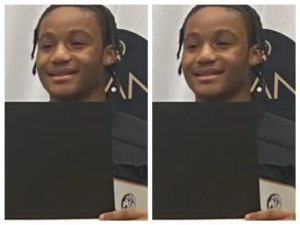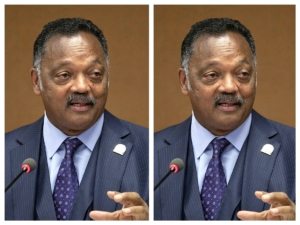Mayor Muriel Bowser has announced the end of her decade-long leadership on Tuesday, revealing that she will not compete for another term as Washington, D.C.’s mayor. The announcement was on the heels of a turbulent political period marked by an assertive federal law enforcement campaign ordered by President Donald Trump.
She broke the news through a video shared on social media. Bowser avoided naming Trump but urged residents to defend the city’s autonomy, praising years of collaboration to improve the district. She asked Washingtonians to “summon our collective strength to stand tall against bullies who threaten our very autonomy while preserving Home Rule. That is our North Star.”
First elected in 2014, Bowser has steered the city for three terms. The past year, however, proved to be her most volatile, as she tried to balance Trump’s favor with increasing pressure from residents who believed she should have resisted federal involvement more forcefully.
The district’s reliance on the federal government traces back to the limited home rule arrangement established in 1973. Congress still reviews the city’s budget and legislation, leaving Washington uniquely vulnerable to outside political influence.
That influence intensified in August when Trump issued an emergency directive targeting the city. His order federalized the Metropolitan Police Department and sent hundreds of National Guard troops into Washington as part of what the administration framed as an anti-crime initiative. Although the emergency period has technically ended, a sizable federal law enforcement presence remains, joined by Guard members from the district and other states, even as lawsuits challenge the deployments.
Throughout the federal operation, Bowser supported some initiatives, such as clearing homeless encampments and increasing coordination with immigration authorities. She acknowledged that the intervention contributed to declining crime rates but questioned the deployment of the D.C. National Guard, saying the resources would have been more effective elsewhere. She also made clear that the city would not participate in federal immigration enforcement efforts.
Her posture drew criticism from neighbors and members of the D.C. Council who wanted her to push back harder against Trump. The president, for his part, has repeatedly praised the operation. When asked Tuesday about Bowser’s exit from the mayoral race, Trump said, “I got along with her very well,” and argued that his intervention made the city “better.”
The city is currently in court arguing that the National Guard deployment violated the law. A federal judge sided with the district on November 20, ordering an end to the operation. The administration appealed the ruling Tuesday to the U.S. Court of Appeals for the District of Columbia Circuit. Another coalition of plaintiffs is separately targeting the federal surge and immigration roundups led by U.S. Immigration and Customs Enforcement, according to the AP.
READ ALSO: Trump threatens to re-federalize D.C. police over mayor’s refusal to cooperate with ICE
Bowser also spent much of the year trying to free nearly $1 billion in municipal funding that had been frozen during federal budget disputes. On top of that, Washington absorbed major personnel cuts across agencies under the Department of Government Efficiency.
Reflecting on her tenure, Bowser praised residents for helping pursue expansive goals. “For ten years, you and I have worked together on an ambitious agenda to restore faith in our government and ensure that every D.C. resident gets the fair shot they deserve,” she said. Highlights she cited include helping return the NFL franchise to the district and pushing for a new stadium, as well as supporting the city’s NBA and NHL teams.
Her administration faced backlash earlier in the year after she agreed to remove the “Black Lives Matter” mural painted near the White House following pressure from congressional Republicans.
Bowser’s departure invites a wide-open mayoral contest. Some expected contenders have already chosen different paths. D.C. Council members Robert White Jr. and Brooke Pinto are pursuing the city’s U.S. House delegate seat, while colleague Janeese Lewis George is still seen as a possible candidate.
Matthew Dallek, a historian at George Washington University, said the past year represented one of the most intrusive periods of federal involvement in the district’s day-to-day operations. He described it as “heavy handed” and warned that the moment is “a pretty precarious time for the city.”
City council member Kenyan R. McDuffie issued a public note of appreciation for Bowser’s service, highlighting her work in education, housing, public safety and economic development. “As we look ahead to the upcoming year for the District, I have no doubt that Mayor Bowser will continue to be a tireless partner in improving the quality of life for all residents across the city,” McDuffie said.










